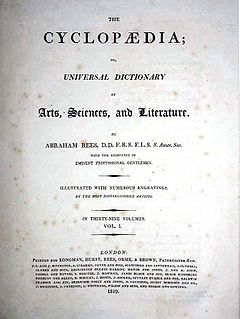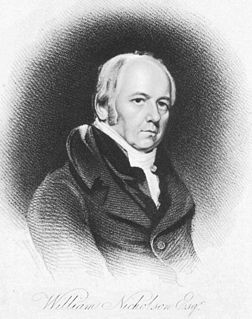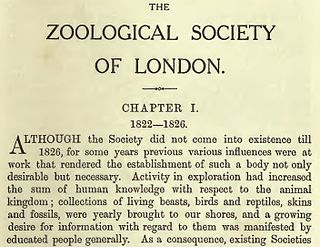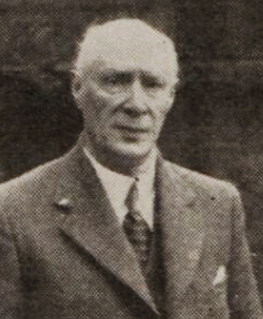 W
WEphraim Chambers was an English writer and encyclopaedist, who is primarily known for producing the Cyclopaedia, or a Universal Dictionary of Arts and Sciences.
 W
WHugh Chisholm was a British journalist, and editor of the 10th, 11th and 12th editions of the Encyclopædia Britannica.
 W
WJohn Smith Clarke was a British lion tamer, politician, poet, newspaper editor and art expert.
 W
WSir John Alexander Hammerton is described by the Dictionary of National Biography as "the most successful creator of large-scale works of reference that Britain has known".
 W
WThere were about 100 contributors to Rees's Cyclopædia, most of whom were Nonconformists. They were specialists in their fields, covering science, technology, medicine, manufacturing, agriculture, banking and transportation, as well as the arts and humanities. A number were members of the teaching staffs of the Royal Military Academy, and the Addiscombe Military Seminary of the East India Company. Other contributors were working journalists who wrote for scientific, medical and technical periodicals of the time. Several of the contributors were active in radical politics; one was gaoled for sedition and another indicted for treason.
 W
WWilliam Nicholson was a renowned English chemist and writer on "natural philosophy" and chemistry, as well as a translator, journalist, publisher, scientist, inventor, patent agent and civil engineer.
 W
WAbraham Rees was a Welsh nonconformist minister, and compiler of Rees's Cyclopædia.
 W
WHenry James Wilson Scherren, usually known as Henry Scherren or in encyclopaedia articles as H. Sc. was the author of various books on natural history for adults and children, with notable illustrations including some in colour, and a contributor to the Encyclopædia Britannica on natural history topics. He was a fellow of the Zoological Society of London, of which he wrote a magnificent but inaccurate history.
 W
WJames Lewis Thomas Chalmers Spence was a Scottish journalist, poet, author, folklorist and occult scholar. Spence was a Fellow of the Royal Anthropological Institute of Great Britain and Ireland, and Vice-President of the Scottish Anthropological and Folklore Society. He founded the Scottish National Movement.
 W
WSir Donald Mackenzie Wallace was a Scottish public servant, writer, editor and foreign correspondent of The Times (London).